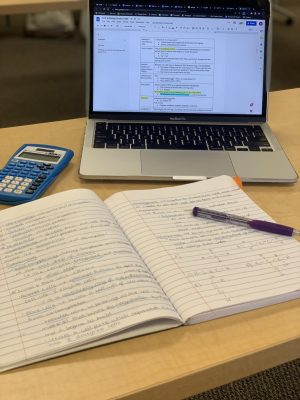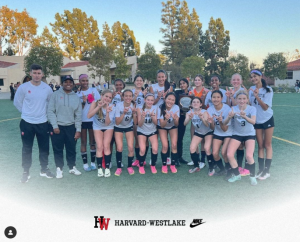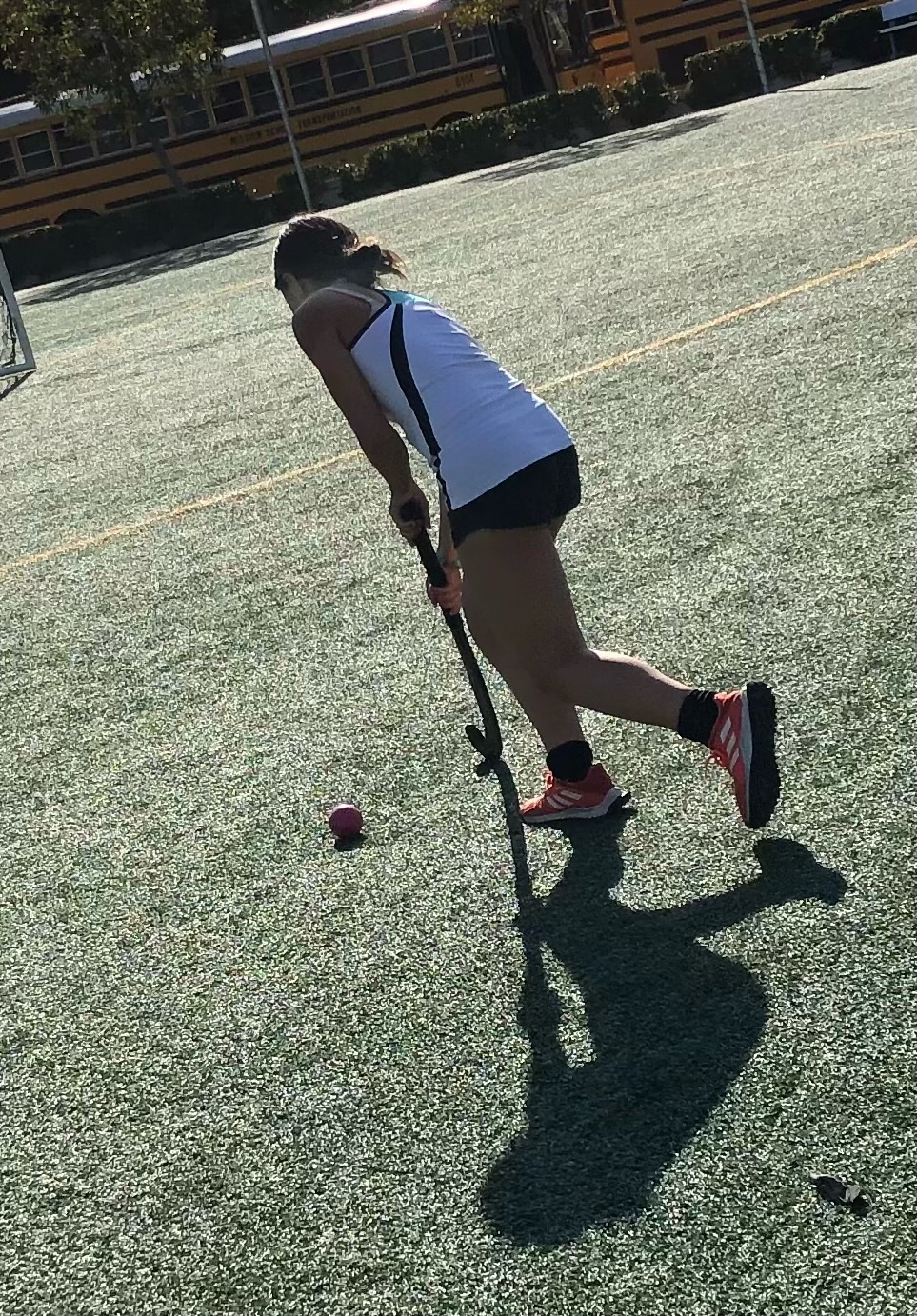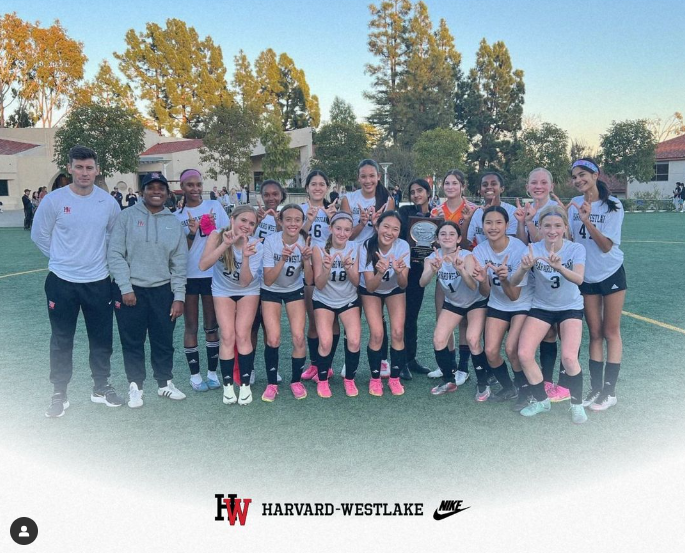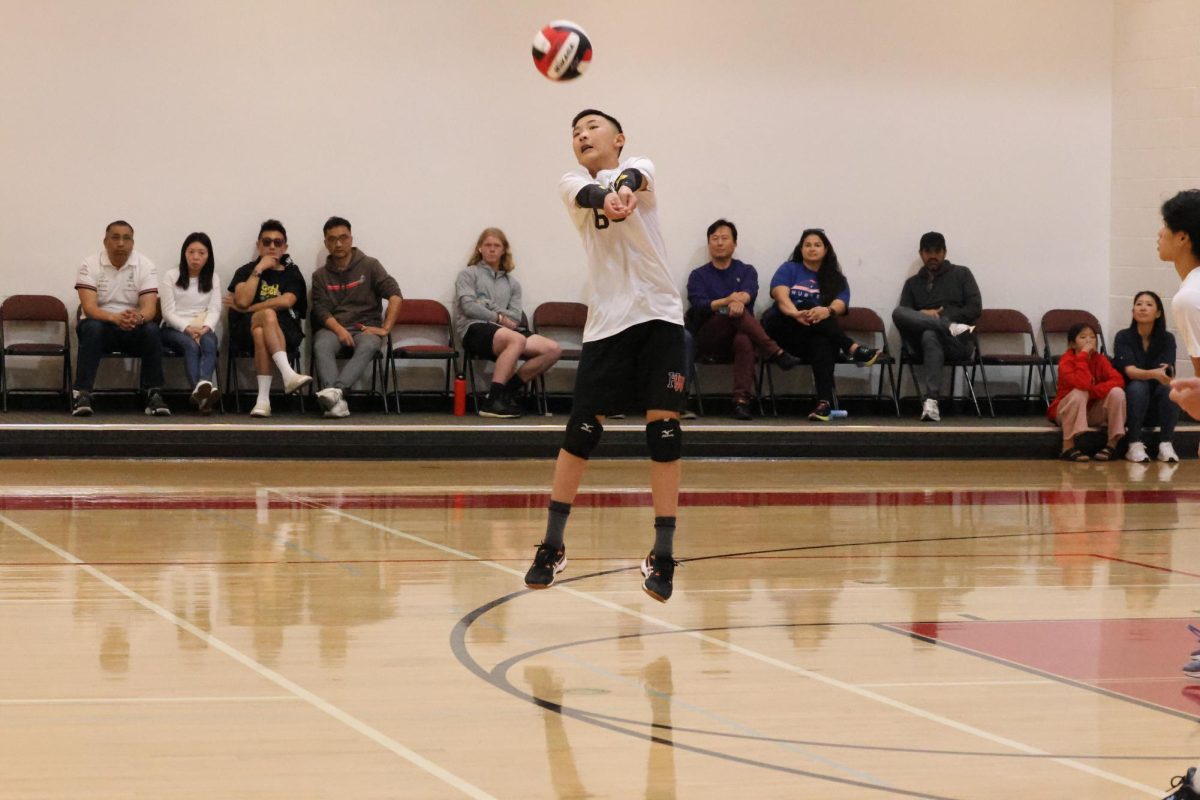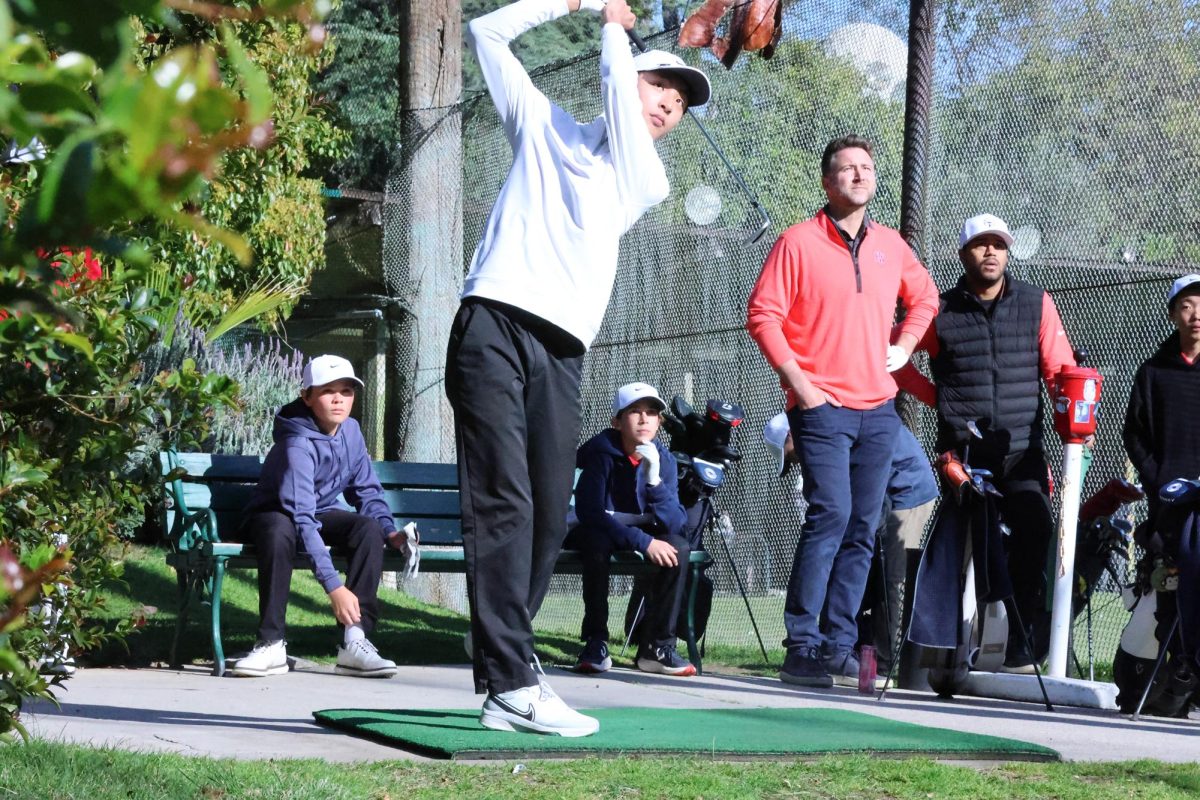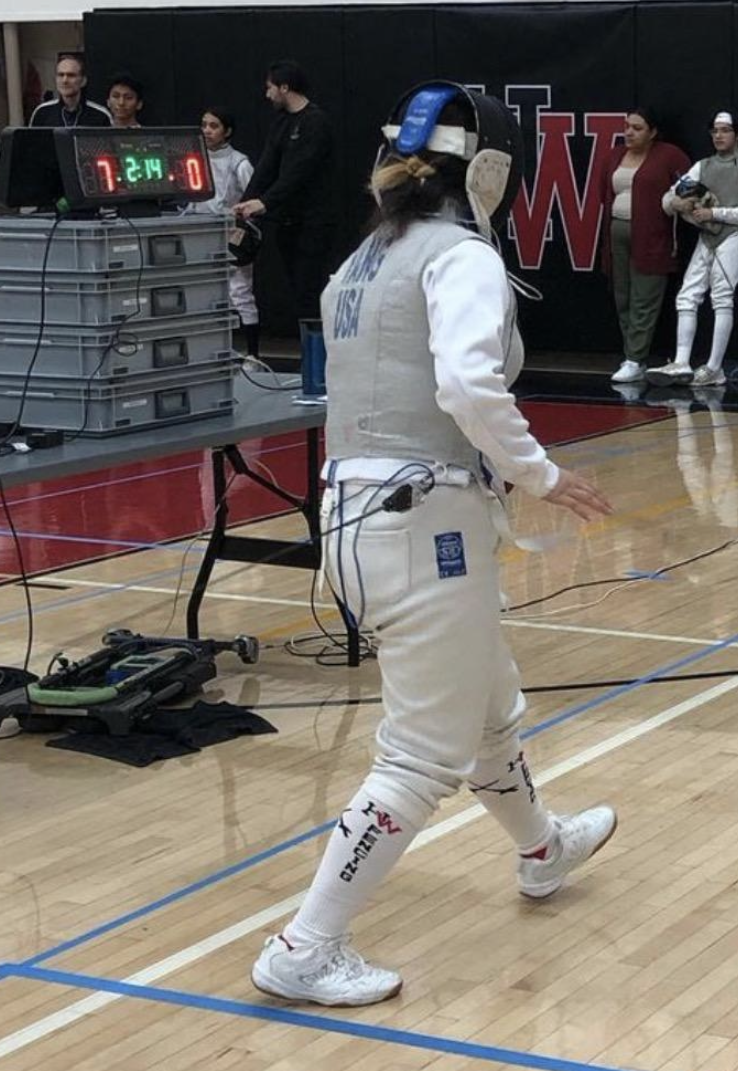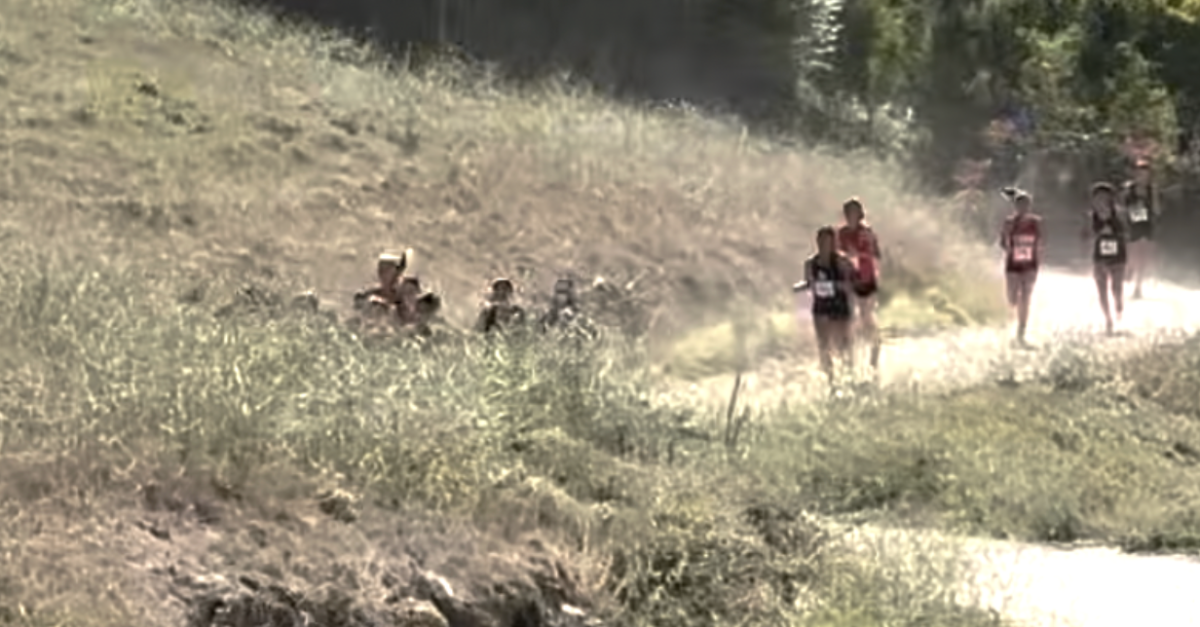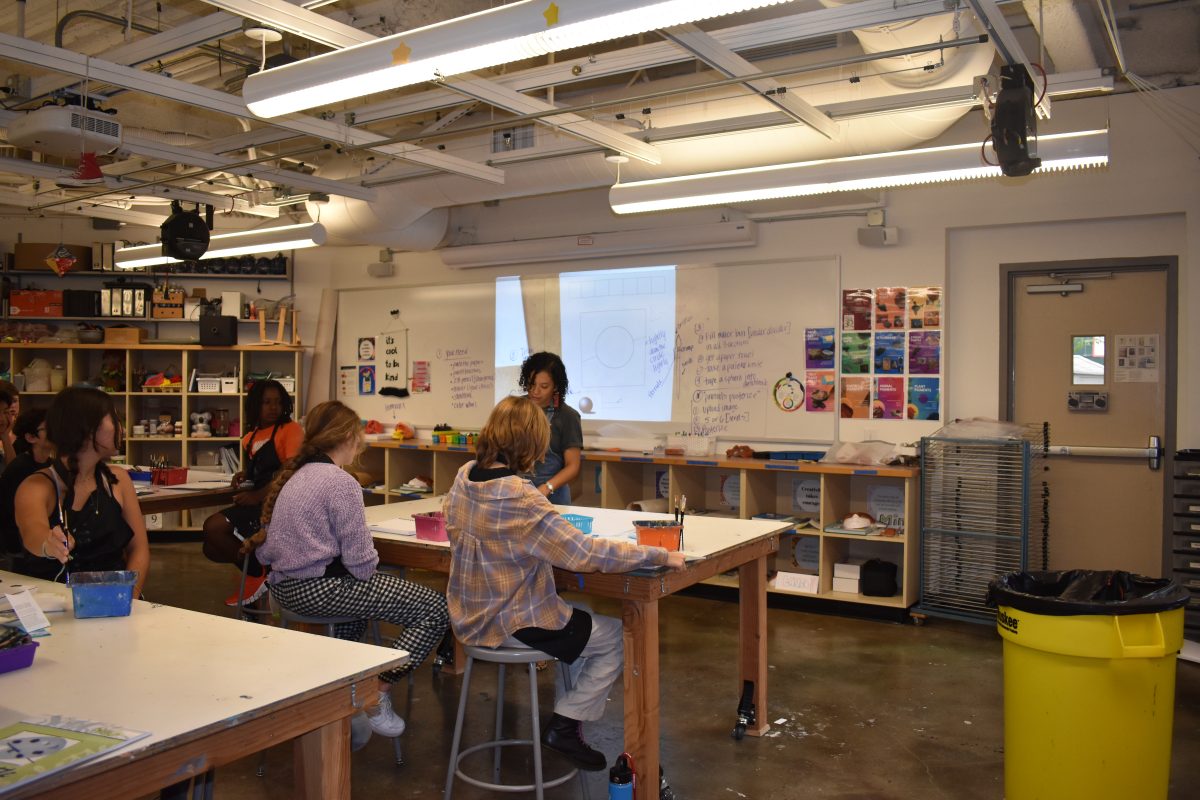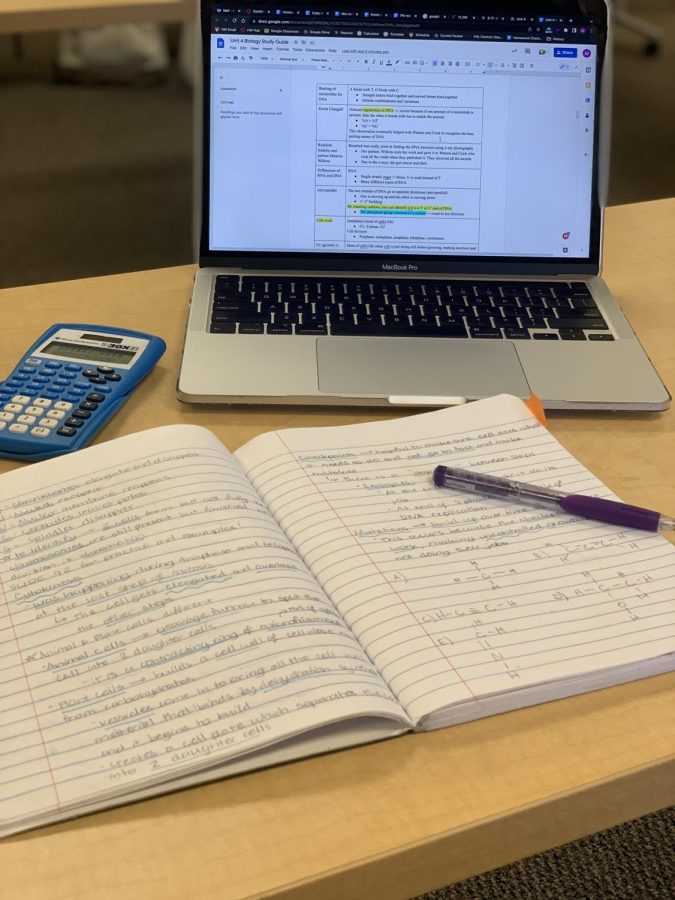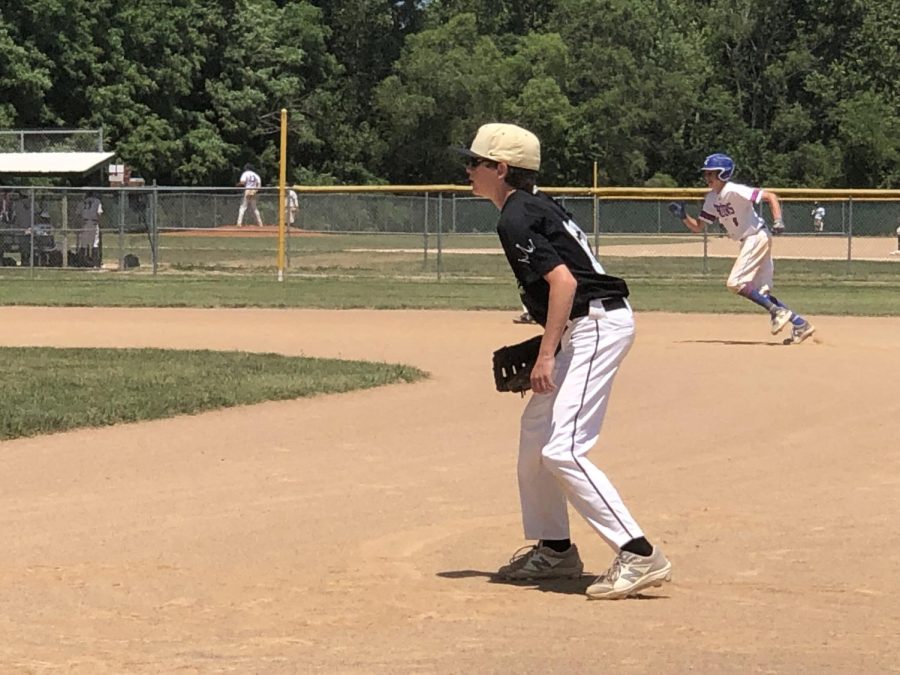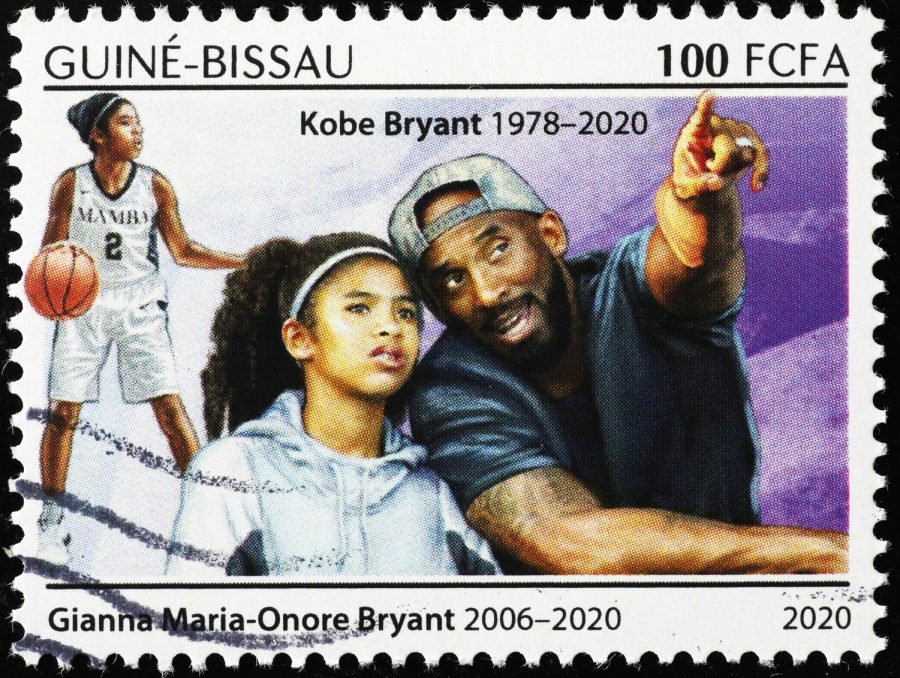The coronavirus pandemic may have crushed many prospective athletes’ sports careers. Orders by the LA County and the state have made it harder for athletes and sports teams to find time to compete. These years are the high school athletes’ most important times to train and build good team dynamics, including the time where colleges are looking to recruit athletes. Without a doubt, the upcoming years of high school sports will suffer from the setbacks of COVID-19 pandemic, especially freshmen, as they have missed the most important year for development and team building.
Athletes participating in social distancing will find it harder to train on their own. Staying fit becomes increasingly difficult, especially because of the sporadic lockdown orders. As athletes have less opportunity for team training, they must find the self-determination to keep themselves in shape and in good condition for their sport. Athletes are also having a decline in growth due to lack of opportunities to play. In Los Angeles County, large sports gatherings are not allowed. Hence, tournaments, camps and other important athletic events are canceled.
Since college athletes are losing an entire year of sports, the National College Athletic Association or NCAA has increased the player eligibility of college athletes from four years to five. On the surface, this might seem like something positive, but instead makes it more difficult for high school athletes to get recruited. Many of the college students during the COVID-19 pandemic decided to take a redshirt year. Redshirting is the sports equivalent of taking a gap year. The effect is that in the upcoming years, there will be a surplus of players on college teams, making positions for incoming freshmen scarce, which in turn directly affects high school athletes who hope to be recruited onto college teams.
According to Sports Illustrated’s Director of Football Recruiting, John Garcia, Jr. explains that the NCAA also decided to extend the dead period on all sports in the league. The dead period is when Division I and II college coaches and recruiters are not allowed to meet in person or reach out to athletes. This serves as a resting time for the athletes to recuperate and evaluate their options. Normally the dead period only lasts for two weeks during the summer, but because of COVID-19, it has been extended until mid-April, leaving the dead period active for a total of eight months. This massive extension was implemented to level the playing field for athletes across the country.
Because different states and counties have different restrictions, some regions will be more advantageous than others. Areas with lighter restrictions will permit athletes more times to compete than areas with harsher restrictions. Another disadvantage is that the recruitment process is almost completely virtual. Recruiters cannot watch the athletes play in real time and are forced to make their decisions based on the highlight reels that players send in. As a result, decisions will potentially contain skewed judgements depending on the quality of highlight reels which may not capture the full essence of the players.
Despite these circumstances, the best thing to be doing now is to work on ourselves. Athletes are not the only people who should be exercising and staying healthy though. It is highly encouraged to take a break from electronics and other sedentary activities. According to the Mayo Clinic, sixty minutes of light to moderate activities counteracts the negative effects of sitting for eight hours a day.
Here are some recommendations to keep yourself healthy physically and mentally:
-
Get up, stretch and move around every forty minutes.
-
Go for a walk or workout every day.
-
Converse virtually outside of school with peers and family.
-
Get a change of scenery.
During times like these, some athletes may be forced to improvise. “We have some kids on the team who use laundry detergent as weights to lift,” Bill Coleman ‘24, a linebacker for the football team said. “This isn’t ideal but is still very beneficial if it’s all you have…You can get as good as you want, you just have to be willing to work for it. You won’t always want to get those workouts in, but the grind leads to success so you just have to put your head down and keep pushing.”
The challenges to student athletes are undeniable, but through improvisation and willpower, roadblocks like these can be overcome. Be ready to hit the ground running!
